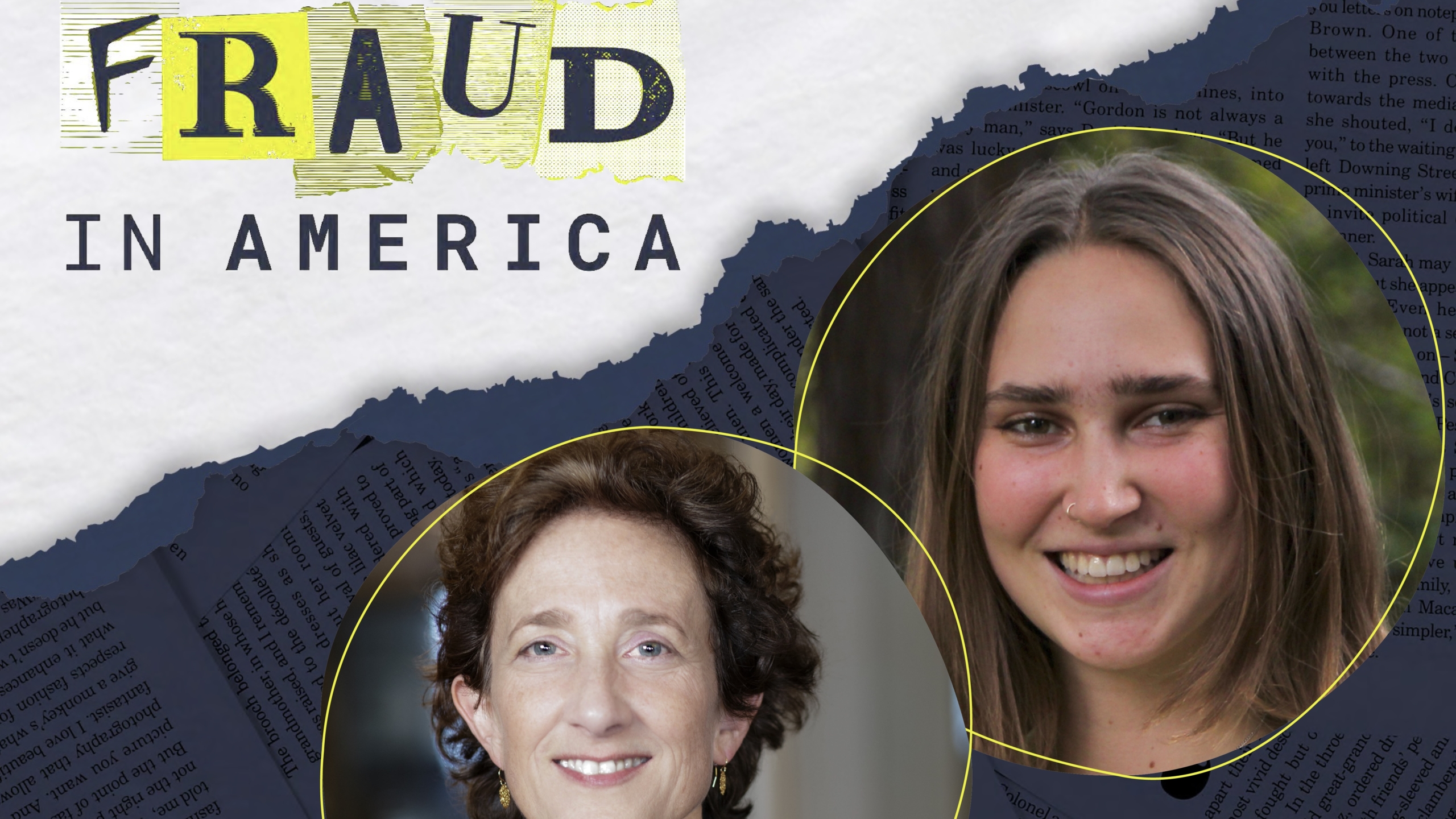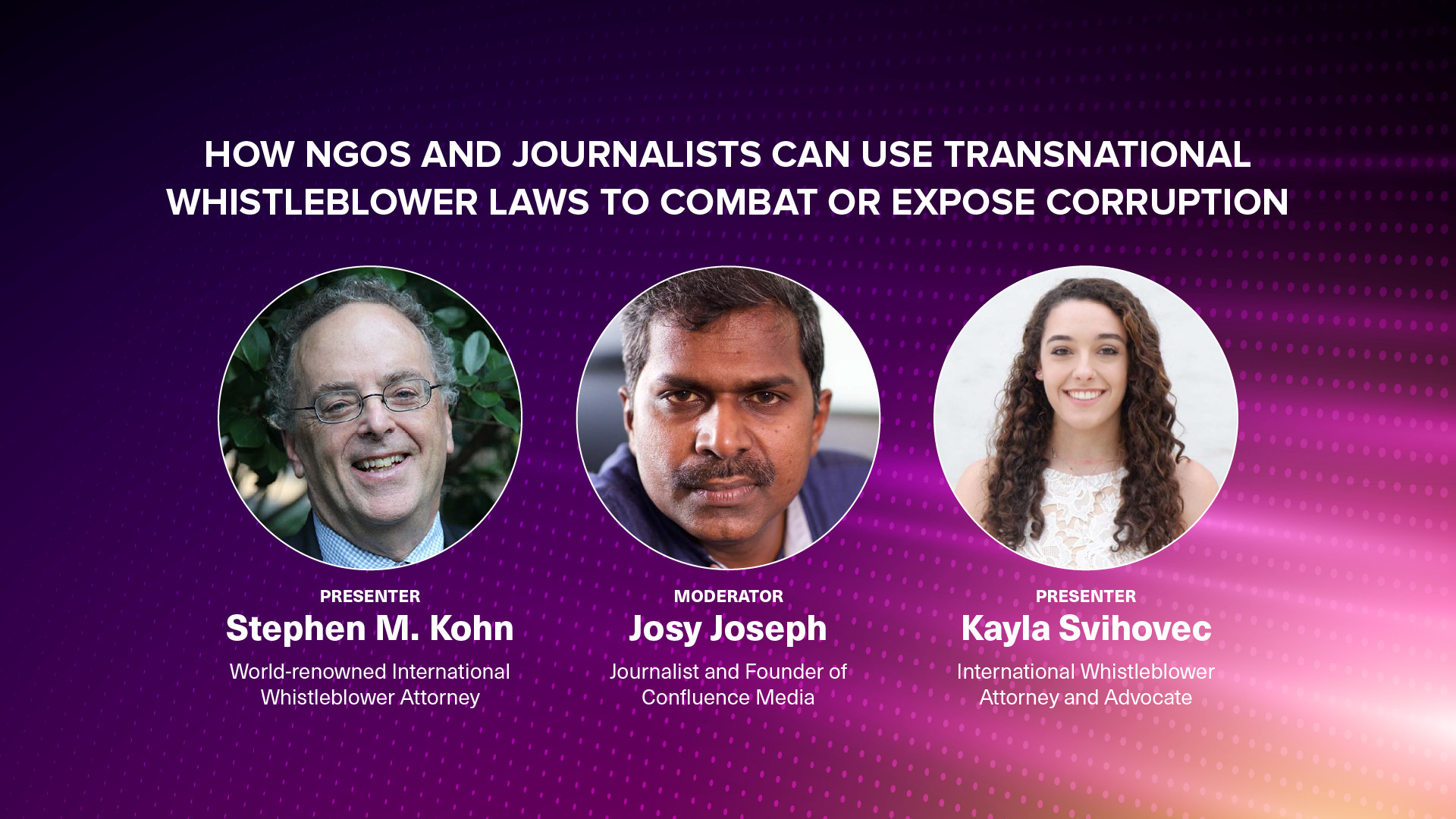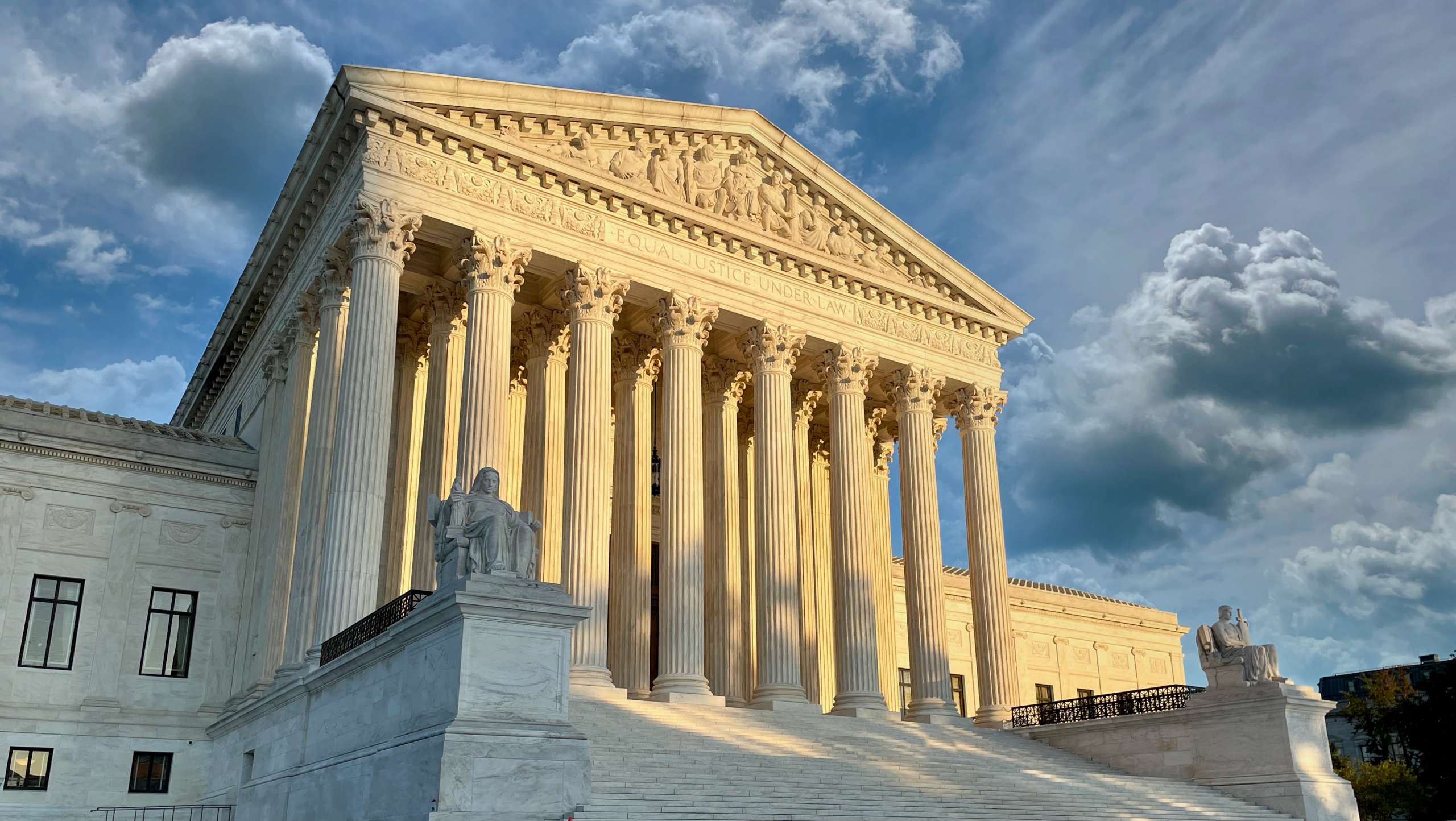U.S. Attorneys Offices Whistleblower Non-Prosecution Pilot Programs
The U.S. Attorney Office Whistleblower Non-Prosecution Pilot Programs are programs set up by individual U.S. Attorney Offices to incentivize individuals who have participated in corporate misconduct to come forward and blow the whistle.
May 7, 2025
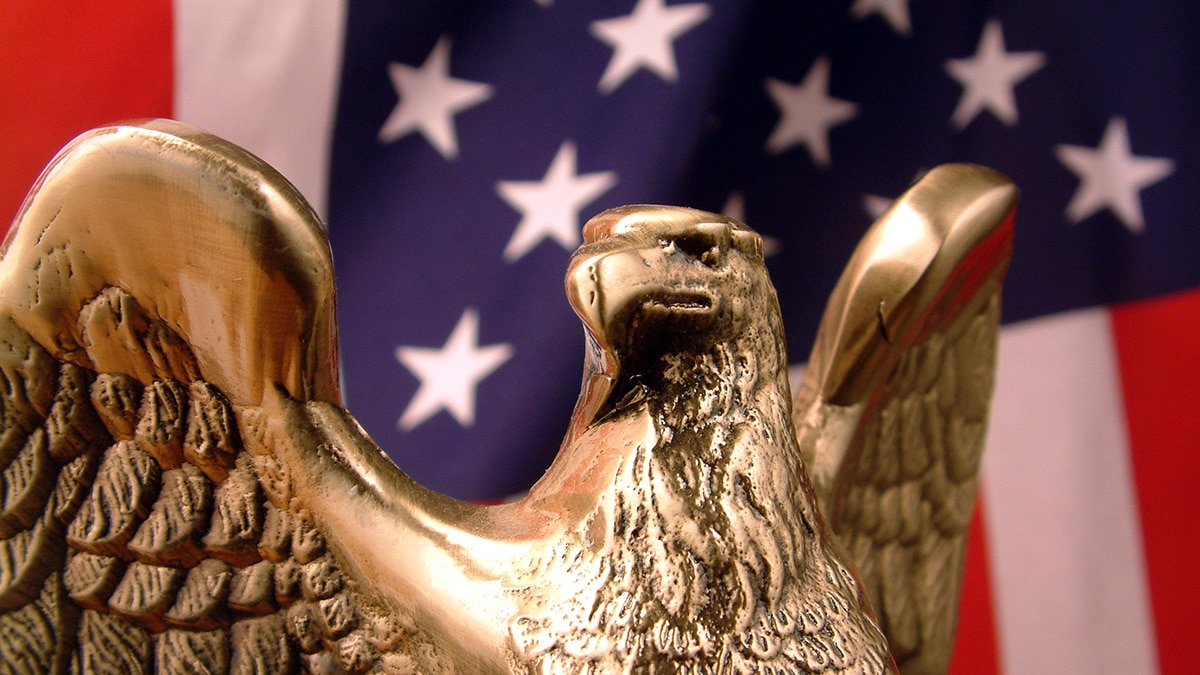
This information is provided for educational purposes only by Kohn, Kohn & Colapinto and does not constitute legal advice. No attorney-client relationship is created by accessing this content. Laws and regulations may change, and this material may not reflect the most current legal developments. If you believe you have a whistleblower claim, consult a qualified attorney to discuss your specific circumstances.
In 2024, a number of U.S. Attorney’s Offices (USAOs) across the country have rolled out “Whistleblower Pilot Programs” offering the potential of non-prosecution agreements in exchange for voluntary self-disclosure of criminal conduct by participants in non-violent offenses.
While broadly similar, each of these USAO Whistleblower Non-Prosecution Pilot Programs has published its own policy, creating a splintered and confusing landscape for whistleblowers to navigate. Furthermore, these programs differ greatly from other corporate whistleblower programs, including the recently established DOJ Corporate Whistleblower Awards Pilot Program.
Given the great potential for confusion around these Pilot Programs, it essential that corporate whistleblower insiders seek advice from an experienced whistleblower award attorney before entering the USAO Whistleblower Pilot Programs.
What are the U.S. Attorney Office Whistleblower Non-Prosecution Pilot Programs?
The U.S. Attorney Office Whistleblower Non-Prosecution Pilot Programs are programs set up by individual U.S. Attorney Offices to incentivize individuals who have participated in corporate misconduct to come forward and blow the whistle.
U.S. Attorneys Offices will enter a non-prosecution agreement (NPA) with individuals who voluntarily enter the program, agree to fully cooperate with an investigation into the wrongdoing they are alleging and meet a number of strict criteria.
The U.S. Attorney Office Whistleblower Programs are different, and separate, from the Department of Justice’s Criminal Division Corporate Whistleblower Awards Pilot Program. The USAO Whistleblower Pilot Program are for individuals who participated in criminal activity and face criminal liability.
What U.S. Attorney Offices Have Whistleblower Non-Prosecution Pilot Programs?
The list of USAOs rolling out Whistleblower Non-Prosecution Pilot Programs continues to grow. The first nine offices to announce programs were:
What Misconduct is Covered Under the Whistleblower Non-Prosecution Pilot Programs?
The type of misconduct targeted by the programs differ slightly, but in general they align with the description first put forward by the SNDY: “criminal conduct undertaken by or through public or private companies, exchanges, financial institutions, investment advisers, or investment funds involving fraud or corporate control failures or affecting market integrity, or criminal conduct involving state or local bribery or fraud relating to federal, state, or local funds.”
However, the program does not cover individuals who provide information regarding violations of the Foreign Corrupt Practices Act. Individuals looking to blow the whistle on FCPA violations should look to the SEC Whistleblower Program.
What is the Criteria to be Eligible Under a Whistleblower Non-Prosecution Pilot Program?
The exact criteria for each program differs, but most of the programs require the following, as laid out in the SDNY policy:
- “The misconduct has not previously been made public and is not already known to the United States Attorney’s Office;
- The individual discloses the criminal conduct voluntarily and not in response to a government inquiry or obligation to report misconduct;
- The individual is able to provide substantial assistance in the investigation and prosecution of one or more equally or more culpable persons, and is prepared to cooperate fully with this Office in its investigation and prosecution of the disclosed conduct;
- The individual truthfully and completely discloses all criminal conduct in which the individual has participated and of which the individual is aware;
- The individual is not (a) a federal, state, or local elected or appointed and confirmed official; (b) an official or agent of a federal investigative or federal law enforcement agency; (c) a person who otherwise is, or is expected to become, of major public interest; or (d) the chief executive officer or equivalent or chief financial officer or equivalent of a public or private company; and
- The individual has not engaged in any criminal conduct that involves the use of force or violence, any sex offense involving fraud, force, or coercion or a minor, or any offense involving terrorism or implicating national security and does not have a previous felony conviction or a conviction of any kind for conduct involving fraud or dishonesty.”
Are Non-Prosecution Agreements Guaranteed under the Programs?
No. USAO’s are granted complete discretion in reaching determinations about whistleblower eligibility. There is no guarantee that a whistleblower will satisfy all the eligibility criteria in the eyes of the USAO and there is no avenue to appeal a decision.
Can a Whistleblower Blow the Whistle Anonymously and Confidentially?
No. These USAO programs do not allow for anonymous reporting. While some of the USAOs, such as the SDNY, note that “at least in the first instance, individuals can provide information anonymously, either directly or through counsel” they clarify that the office “will ultimately need to know the individual’s identity.”
Do the USAO Whistleblower Non-Prosecution Pilot Programs Offer Monetary Awards?
No. The U.S. Attorneys Offices Whistleblower Non-Prosecution Pilot Programs do not offer monetary awards.
Can a Whistleblower Report to Other Whistleblower Programs Alongside the USAO Whistleblower Non-Prosecution Pilot Programs?
Yes. According to the SDNY, “is not uncommon for individuals to report a crime to another agency’s whistleblower program, in addition to [the USAO] program.”
Generally speaking, it is recommended that whistleblowers first look to file disclosures to other whistleblower programs, such as the SEC Whistleblower Program or AML and Sanctions Whistleblower Program, before entering a USAO Whistleblower Non-Prosecution Pilot Program in order to help ensure eligibility for monetary awards.
Our Firm’s Cases

$104 Million Reward
As an international banker at UBS in Switzerland, Bradley Birkenfeld exposed a massive tax evasion scheme, leading UBS to disclose over 4,450 U.S. tax evaders and pay a $780 million fine to the IRS. He was awarded $104 million by the IRS for his information.
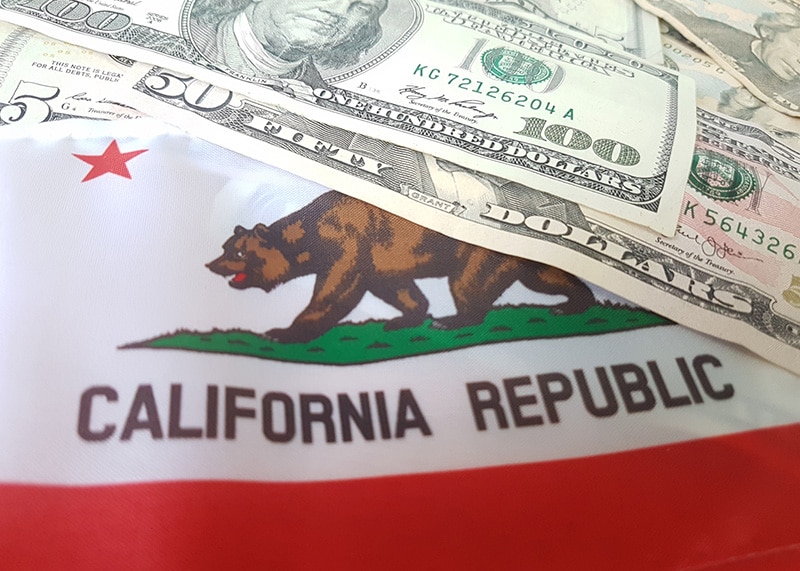
$7 Million Exposed
This case study examines the successful use of the California False Claims Act by our whistleblower client James Connolly, who held multinational bank HSBC accountable for defrauding the California Public Employees’ Retirement System (CalPERS), a public pension fund, out of $7 million.

$30 Million Award
Protecting the confidentiality of Wall Street whistleblowers is among the most important breakthroughs in federal whistleblower law. Under the Dodd-Frank Act, whistleblowers can file anonymous cases, and everything about their case, including who they sued, remains secret.


